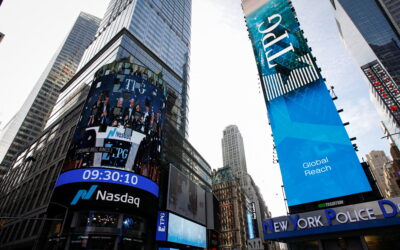Subscribe to our Newsletter to increase your edge. Don’t worry about the news anymore, through our newsletter you’ll receive weekly access to what is happening. Join 120,000 other PE professionals today.
Warburg Pincus led the round, chipping in $280m-$300m, while Temasek and Singapore-based hedge fund Broad Peak Investment Advisers invested the rest, ET reported.
MacRitchie Investments, owned by Temasek; Plum Wood Investment, a vehicle representing Warburg Pincus India; Fort Canning Investments, the investment vehicle of Broad Peak, and Aggarwal invested (in his personal capacity) in the company, regulatory filings with the Registrar of Companies showed.
“The secondary round was at a discount of around 35-50% to the company’s last valuation during its Series J round in 2019,” a source told ET then. Ola was valued at $5.5-$6 billion at the time. The ride-hailing is also in talks for a $500m fund infusion in a second fundraising tranche, ET had reported.
The Bengaluru-based company is shuffling its cap table as it prepares to go public.
Ola’s other big shareholders include Japan’s SoftBank—which holds a 22% stake—and Chin.
Source: The Economic Times
Can’t stop reading? Read more
Banks prepare $15bn debt sale for $55bn Electronic Arts buyout
Banks prepare $15bn debt sale for $55bn Electronic Arts buyout Banks are preparing to syndicate...
Private equity circles data providers as AI-driven valuation reset opens deal window
Private equity circles data providers as AI-driven valuation reset opens deal window Private...
TPG explores $7.6bn sale or IPO of Asia OneHealthcare
TPG explores $7.6bn sale or IPO of Asia OneHealthcare TPG is evaluating strategic options for Asia...




